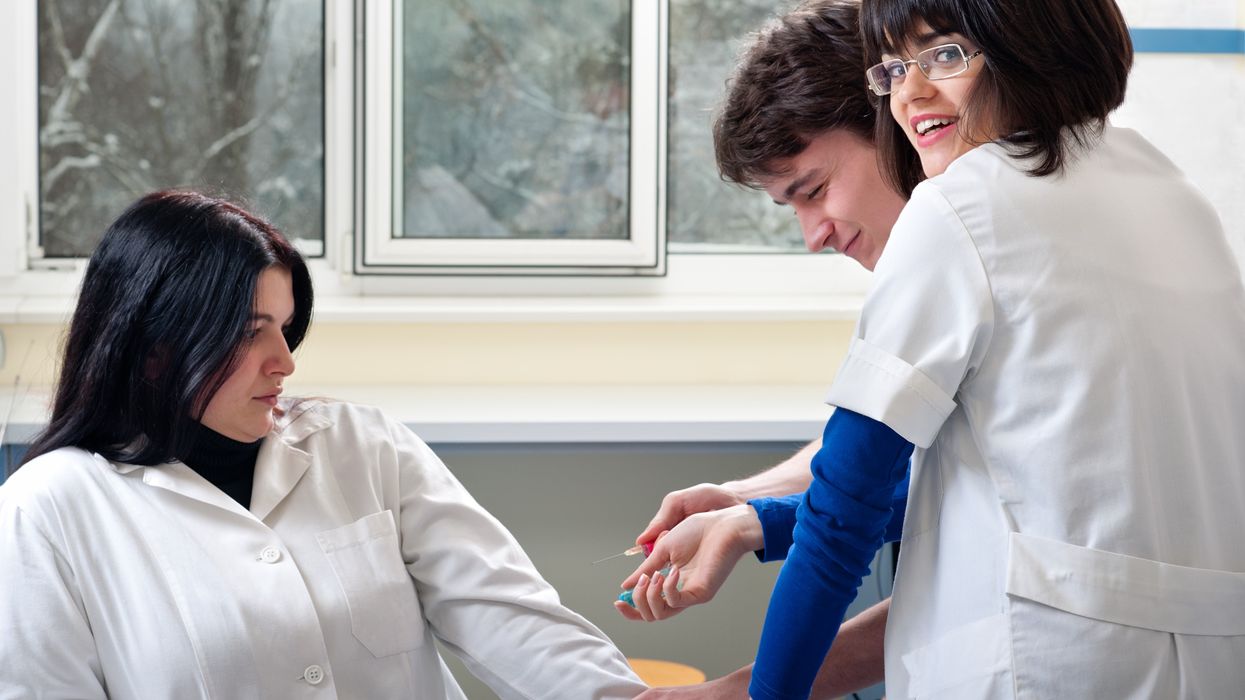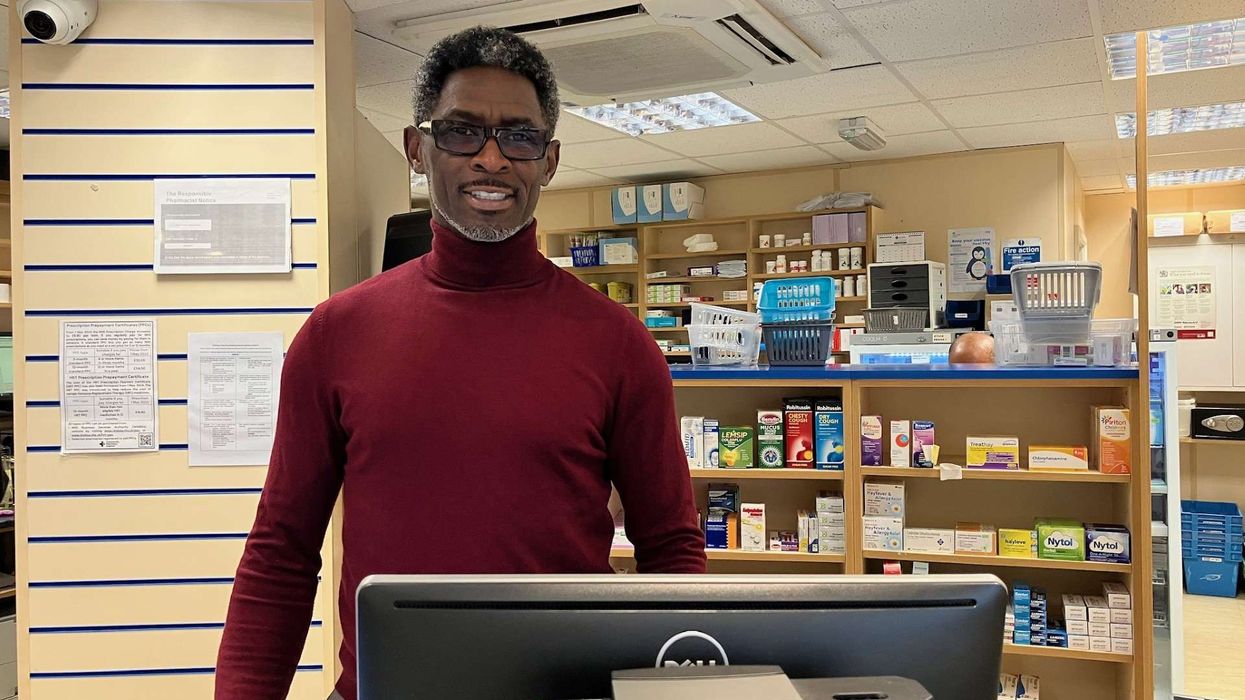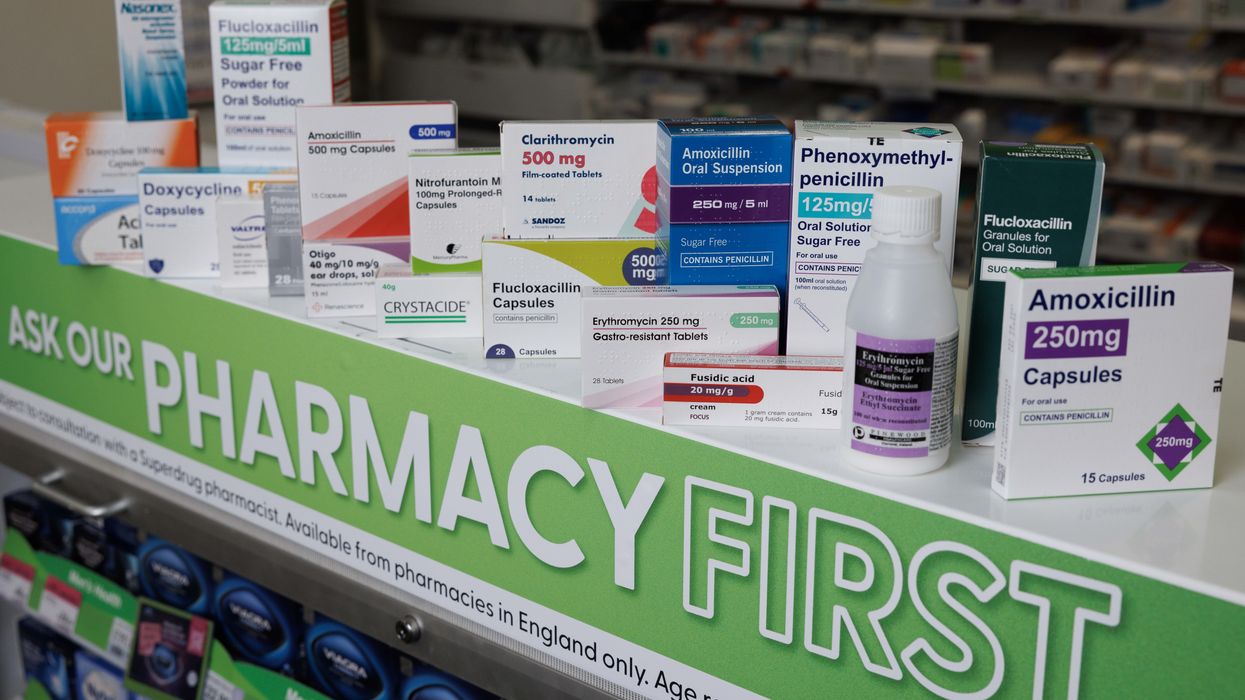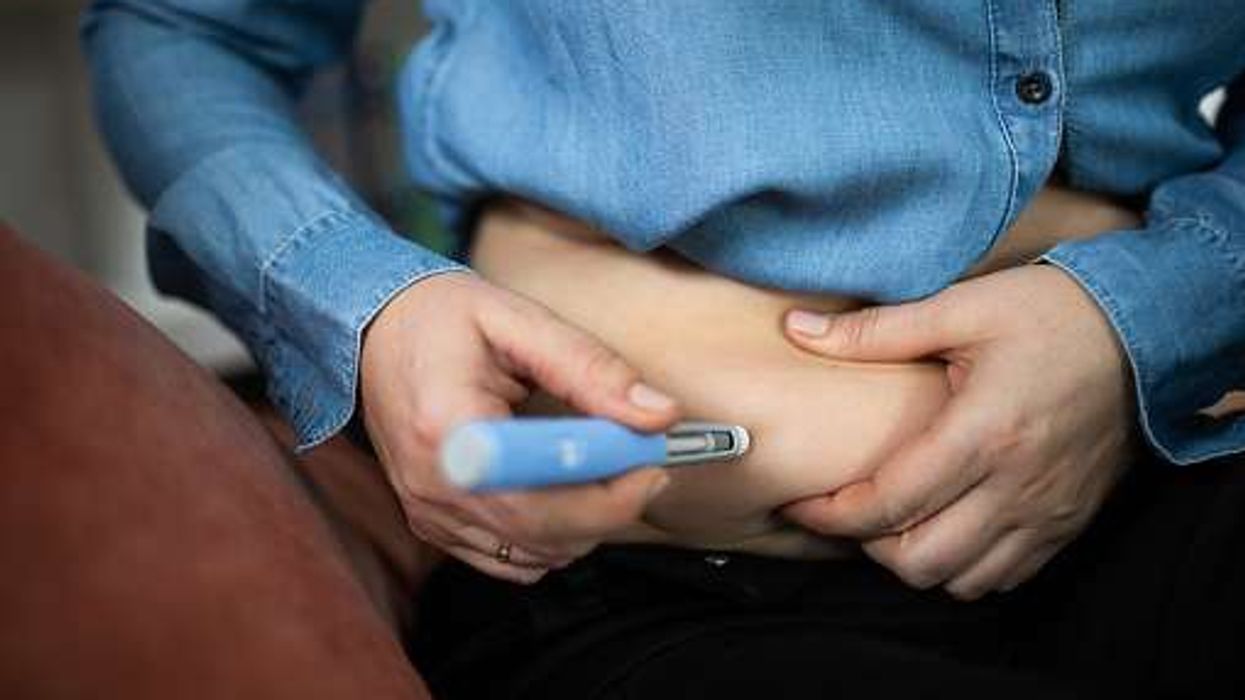The last few weeks have by far been the most demanding and daunting in my five years’ career as a community pharmacist.
Sadly, although community pharmacy prides itself as being right at the heart of our local communities and time and again as healthcare professionals we have gone 'above and beyond', I haven’t seen members of the public show a great deal of respect for those of us who work in the profession. In the past four weeks, there has been a massive increase in incidents of abuse of pharmacists and their colleagues in community pharmacy.
Protection from abuse
Driven perhaps by panic and a sense of insecurity, the majority of the public, from my experience, have largely ignored the idea of social distancing and haven't quite kept to the government guidelines of standing about two meters apart – virtually creating a perfect breeding ground for a higher rate of Covid19 infections.
I was shouted at when I politely asked a lady, who was almost hanging over my head, to stay behind the pharmacy counter. She muttered such unpleasant words aimed at me that they left me deeply hurt, down and dejected for the rest of the day.
Abusive behaviour shouldn’t be tolerated under any circumstances let alone during a pandemic of this scale, when community pharmacists and their teams are having to work long hours and stay behind each night to catch up on the extra workload.
I feel that there is a strong need for enforcement of law to protect community pharmacy staff although it is understandable that these are unprecedented times. I particularly like that the Royal Pharmaceutical Society has demanded police protection for pharmacy teams.
Rising demand
As people scrambled to stockpile medicines and supplies, pharmacy teams had to deal with unprecedented pressure: many pharmacies struggled to manage staff shortages because of colleagues like me who needed to self-isolate while the remaining staff had to work non-stop and long hours to meet rising demand.
I have seen huge public demands for over-the-counter medicines, leaving painkiller shelves virtually empty in most pharmacies - particularly those which had items like paracetamol and co-codamol or children’s calpol and nurofen in them.
This has resulted in situations where I have had to tell anxious and worried mothers that we didn’t have any calpol for their children, which was personally very hard for me to accept.
There has also been a huge surge in the number of people coming in to collect their prescriptions for next two to three months, again due to the fear of having to miss out if pharmacies ran out of stock or decided to close like the GP surgery next door.
PPE in pharmacy
As one of several relief pharmacists covering many branches of a community pharmacy chain, we had the instructions not to wear any face masks or gloves. This meant putting our own lives and those of our families at risk.
I have since raised this issue with the Pharmacy Defence Association (PDA) who have written a letter to the Health Secretary to ensure that pharmacies have adequate number of personal protective equipment (PPE) to protect their staff from being infected with COVID-19.
I was happy when the government announced yesterday that it was going to make PPE widely available. I hope this means sufficient supply for all pharmacies but pharmacy multiples must prioritise their staff over sales.
It astounds me that one needs to raise such hullabaloo over basic rights of professional protection, even at the time of a pandemic.
Given my experience over the past few weeks, I would urge the likes of PDA, RPS and other pharmacy bodies to work together and keep on pressing the government to introduce laws that protect pharmacy professionals and pharmacists get the essential gear that will keep them as well as the patients they serve safe.
COVID-19 has proved that the community pharmacy sector badly needs the protection!











